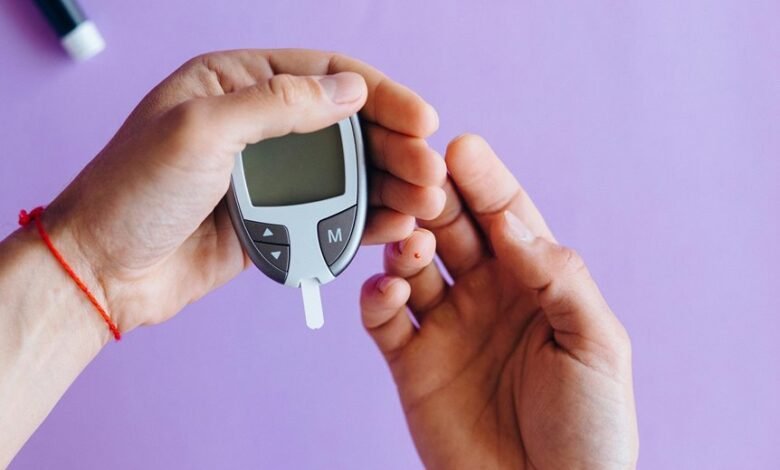Does Cbd Lower Blood Sugar

Research into cannabidiol (CBD) has suggested a potential link between its use and lower blood sugar levels. Studies indicate that CBD may enhance insulin sensitivity and influence metabolic processes. Its anti-inflammatory and antioxidant properties could also support glucose metabolism, particularly for those with diabetes. However, the findings remain preliminary and warrant further investigation to clarify CBD's role and effectiveness. Understanding these nuances is crucial for anyone considering CBD for blood sugar management.
Understanding CBD and Its Mechanism of Action
Although research on cannabidiol (CBD) is still evolving, its mechanism of action primarily involves the endocannabinoid system (ECS), which plays a crucial role in regulating various physiological processes.
CBD properties, including anti-inflammatory and antioxidant effects, may influence metabolic functions. Understanding these interactions can provide insights into how CBD might impact blood sugar levels, contributing to a broader comprehension of its therapeutic potential.
Current Research on CBD and Blood Sugar Regulation
Recent studies frequently explore the relationship between CBD and blood sugar regulation, revealing promising insights into its potential effects on glucose metabolism.
Research indicates that CBD effects may influence insulin sensitivity and overall metabolic processes, suggesting a role in maintaining healthy blood sugar levels.
These findings contribute to the understanding of how CBD may serve as a complementary approach in managing glucose-related health concerns.
Potential Benefits of CBD for Diabetes Management
Building on the insights gained from current research, the potential benefits of CBD for diabetes management have garnered increasing attention.
Preliminary studies suggest that appropriate CBD dosage may alleviate certain diabetes symptoms, such as inflammation and anxiety, potentially improving overall quality of life for individuals with diabetes.
However, further rigorous research is essential to fully understand CBD's effectiveness in this context.
Risks and Considerations When Using CBD for Blood Sugar Control
When considering the use of CBD for blood sugar control, it is essential to evaluate potential risks and factors that may influence its effectiveness.
Variability in CBD dosage can affect individual responses, potentially leading to unintended consequences.
Additionally, legal considerations regarding CBD's status vary by region, which can complicate access and use.
Thus, thorough research is critical before initiating CBD for blood sugar management.
Conclusion
In conclusion, while preliminary research suggests that CBD may offer potential benefits for blood sugar regulation and diabetes management, the path to definitive understanding remains fraught with uncertainty. On one hand, its anti-inflammatory and antioxidant properties hint at a promising role in enhancing insulin sensitivity. Conversely, the variability in individual responses and the need for further rigorous studies underscore the caution required when considering CBD as a therapeutic option. Balancing hope with skepticism is essential in navigating this emerging field.






